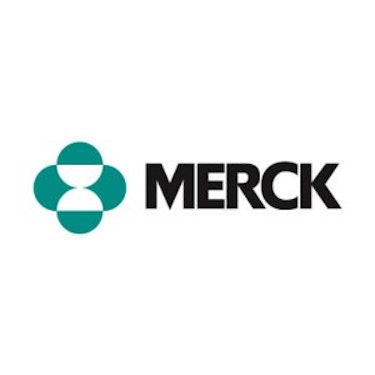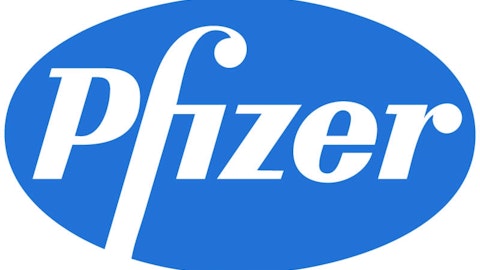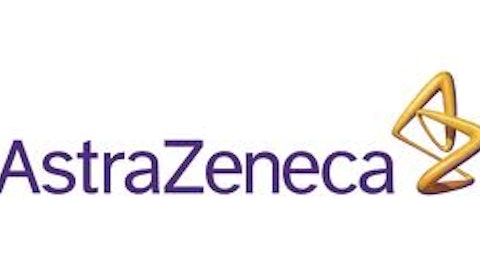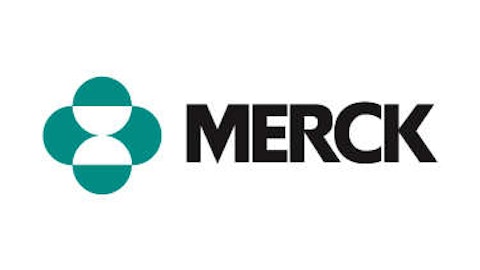
1. A beat is a beat.
The good news was that the big pharmaceutical company beat earnings estimates. Merck & Co., Inc. (NYSE:MRK) reported second-quarter non-GAAP earnings of $2.53 billion, or $0.84 per share. Analysts were expecting $0.83. A beat by a penny is still a beat. However, earnings per share for the second quarter dropped 20% compared to the same quarter last year.
On a GAAP basis, earnings were $906 million, or $0.30 per share. That’s a whopping 48% lower year-over-year.
Merck & Co., Inc. (NYSE:MRK)’s non-GAAP earnings beat didn’t come from a great top line figure. The company reported revenue of $11.01 billion, below Wall Street estimates of $11.22 billion. Revenue for the quarter also fell more than 10% from the second quarter of 2012.
2. Not enough sizzle to offset Singulair.
Merck & Co., Inc. (NYSE:MRK) chairman and CEO Kenneth Frazier was quick to point out that seven out of 10 of the company’s top products experienced sales growth during the second quarter. Actually, Merck’s figures showed that eight drugs in its top 10 increased sales year-over-year. But that growth wasn’t nearly enough to offset the lost revenue from just one product — Singulair.
Singulair’s sales have plummeted after the drug went off-patent last year. In the second quarter, the asthma drug generated revenue of $281 million compared to $1.43 billion during the same period last year. Cholesterol medication Vytorin also saw sales drop from $445 million in the second quarter of last year to $417 million in the most recent quarter.
Five of Merck & Co., Inc. (NYSE:MRK)’s top drugs grew by single-digit percentages. Top-selling Januvia experienced a year-over-year sales increase of only 1%. Remicade’s sales inched up by 2%. Sales for Zetia were up 3%. Keeping this pattern going, Merck reported a year-over-year sales increase of 4% for Isentress. Vaccines ProQuad, M-M-R II, and Varivax fared better, with sales growth of 7%.
The company’s strongest performers in terms of sales growth were Janumet, Gardasil, and Nasonex. Merck reported $474 million in sales for diabetes drug Janumet, up 16% year-over-year. Gardasil’s revenue jumped 18% to $383 million. Sales for Nasonex totaled $325 million, an 11% increase versus second quarter of 2012.
Merck didn’t get a lot of help outside of its pharmaceuticals business. Animal health revenue slipped 2% year-over-year to $851 million. Sales for consumer care products fell 11% to $490 million.
The only good news stemmed from the catch-all “other revenue,” which grew 8% year-over-year to $359 million. Merck’s partnership with AstraZeneca plc (ADR) (NYSE:AZN) originated back in 1982 and was extended for two additional years in 2012. This extension allowed Merck & Co., Inc. (NYSE:MRK) to continuing booking revenue from AstraZeneca plc (ADR) (NYSE:AZN)’s Nexium and Prilosec through 2014.
3. Pipeline outlook is murky for now.
Merck received bad news from the Food and Drug Administration for insomnia drug suvorexant. The agency turned down the New Drug Application for suvorexant, stating that safety data at higher dosage levels wasn’t satisfactory for approval.



